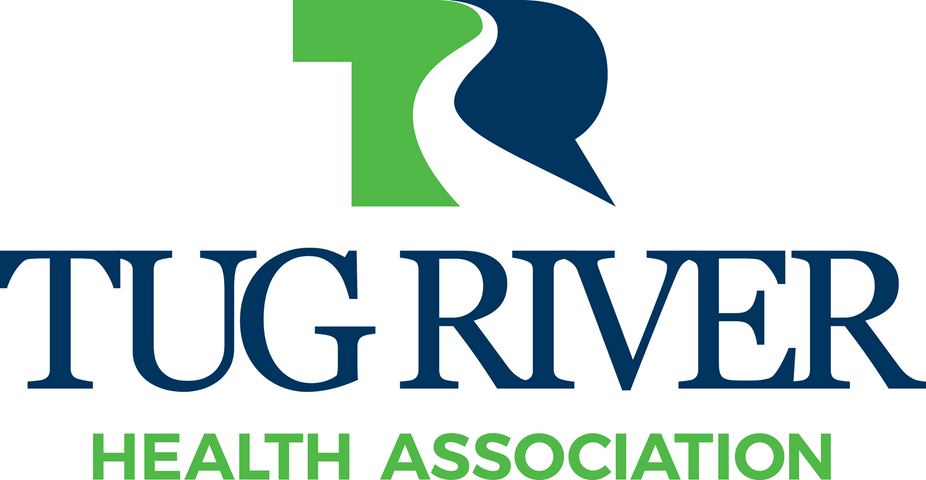
Good health is more valuable than any possession. Besides taking care to exercise, eat right, and generally live a healthy lifestyle, it’s essential to see your health care provider regularly, even if you are feeling well. One of the most critical parts of preventative health care is the routine health maintenance exam (HME). Here’s what you should know about them.
What Routine Health Maintenance Exams Are
Health care providers primarily use HMEs to detect diseases and other ailments early, from cancers to heart disease, dementia, autoimmune disorders, and arthritis. In most cases, early detection can improve a person's chances of successful treatment and may decrease the risk of severe, potentially permanent effects, or even death.
There are different types of HMEs, including medical physicals, prenatal and childhood checkups, and prescription medication follow-ups. Such exams are particularly crucial for people at high risk of certain conditions or, in the case of prescription follow-ups, serious side effects.

Family history, or genetics, is often a significant factor, but lifestyle and other health conditions can also play a role. For instance, if you have diabetes, your family doctor may recommend you get regular screenings for ailments such as glaucoma, high blood pressure, and heart disease, which can be side effects of the disease.
What They Involve
The specifics of the exam will depend upon the type. However, generally, all exams will involve a physical component, wherein the health care provider will assess your appearance and measure your vital signs and weight and examine your heart and lung performance.
The nurse will also ask you to fill out a questionnaire regarding your health history and present status. The health care provider may also check your nervous system, skin, and abdominal area to ensure all systems are working correctly. A pap smear and breast exam may be required for women, and for men, a testicular or prostate exam may be in order.
When to Get Them
The frequency with which you should be examined depends upon the type of exam and other elements, including your age, current health, and risk factors. Most industry experts suggest adults ages 18 to 50 who are in good health should get exams every five years, while those over age 50 get one every three years.
Those taking prescription medications and those with risk factors, including pre-existing health conditions and family history of diseases, may need more frequent exams. Women who are pregnant and young children also require more frequent health care checkups.
If you need to schedule your HME, turn to Tug River Health Association, Gary, WV’s dependable non-profit health care provider. This medical center provides everything from routine checkups to dental services and immunizations to injury care. Call (304) 448-2101 to schedule an appointment or visit the website to learn more about the clinic and what they can do for your family.
About the Business
(1 reviews)
Have a question? Ask the experts!
Send your question

